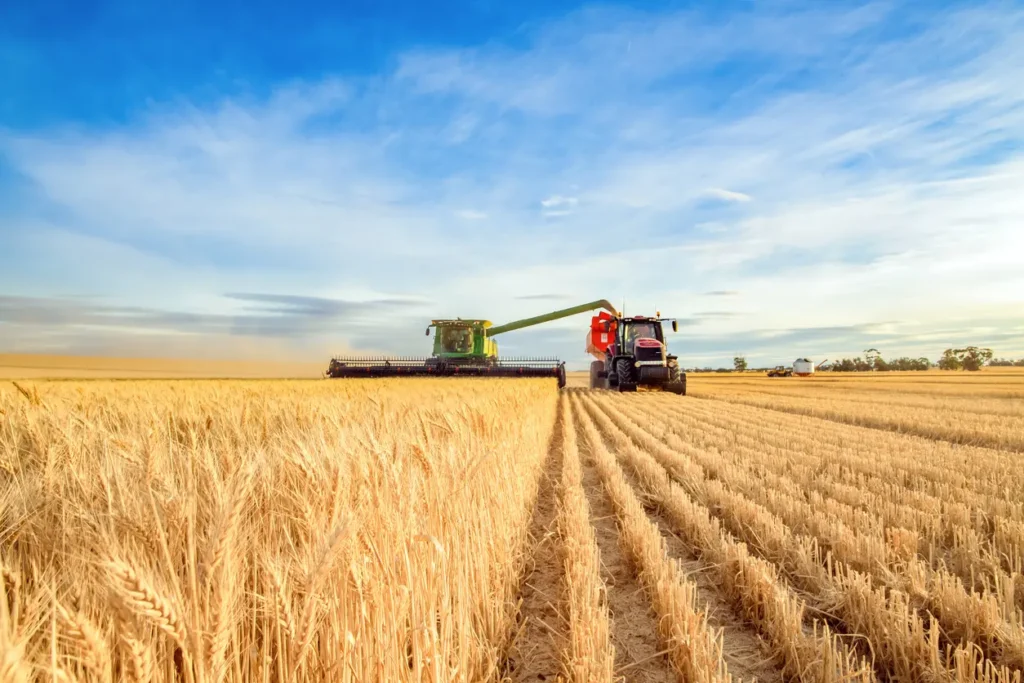
Top Benefits of Agricultural Insurance for Sustainable Farming Practices
Understanding Agricultural Insurance: A Key to Sustainable Farming
In the unpredictable world of farming, agricultural insurance serves as a critical safeguard for farmers and agricultural businesses. This essential financial tool not only protects against unexpected losses but also promotes sustainability by encouraging long-term, eco-friendly farming practices.
The Role of Agricultural Insurance in Farming
Agricultural insurance provides financial security for farmers facing threats such as extreme weather, pests, crop diseases, and fluctuating market prices. Without proper coverage, these risks can lead to devastating losses, forcing farmers to abandon their operations. However, with the right insurance in place, farmers can recover quickly and continue growing their business, even after unexpected setbacks.
Beyond financial protection, agricultural insurance enhances stability by allowing farmers to plan investments confidently. It also supports the adoption of innovative farming techniques that improve yield and efficiency, ensuring that farmers can thrive in both favorable and challenging conditions.
Effective Risk Management for Farmers and Growers
Every farming season brings a new set of challenges, from droughts and floods to market fluctuations. Agricultural insurance plays a vital role in mitigating these risks, providing a safety net that enables farmers to sustain their livelihoods without fear of total financial loss.
Tailored insurance packages offer flexibility by considering local climate patterns, crop types, and individual farming methods. This customization ensures that farmers receive coverage suited to their specific needs, allowing them to navigate potential threats with greater confidence and financial security.
By leveraging agricultural insurance, farmers can stabilize their income and protect their assets, ensuring long-term success. This financial resilience also benefits their families, employees, and local communities that depend on the agricultural economy.
How Agricultural Insurance Supports Sustainability
Sustainability in farming requires adopting practices that protect the environment while maintaining productivity. Agricultural insurance makes this transition more accessible by reducing the financial risk associated with implementing sustainable practices.
Many insurance policies now cover conservation efforts, organic farming methods, and renewable energy use in agriculture. By supporting these eco-friendly approaches, insurance providers help farmers invest in soil health, biodiversity, and carbon footprint reduction while maintaining profitability.
Moreover, financial protection enables farmers to experiment with sustainable innovations, such as water conservation techniques and crop diversification. These strategies not only improve farm resilience but also contribute to a healthier ecosystem and food system for future generations.
Economic Stability for Rural Communities
The benefits of agricultural insurance extend beyond individual farms, fostering economic stability within rural communities. When farmers are financially secure, they continue to contribute to local businesses, employ workers, and sustain agricultural supply chains.
In times of crisis, such as natural disasters or economic downturns, insurance payouts act as an immediate financial injection into the community. This rapid response helps prevent widespread economic instability, ensuring that farmers and rural economies can recover and rebuild efficiently.
Strengthening the Future of Agriculture
Agricultural insurance plays an indispensable role in securing the future of farming. By mitigating risks, supporting sustainability, and ensuring economic stability, this financial tool empowers farmers to focus on producing high-quality crops while safeguarding their livelihoods.
As the agricultural sector evolves, having comprehensive insurance coverage remains one of the most effective strategies for farmers looking to build resilience and long-term success. Investing in agricultural insurance is not just about protecting today’s harvest—it’s about securing the future of farming for generations to come.
